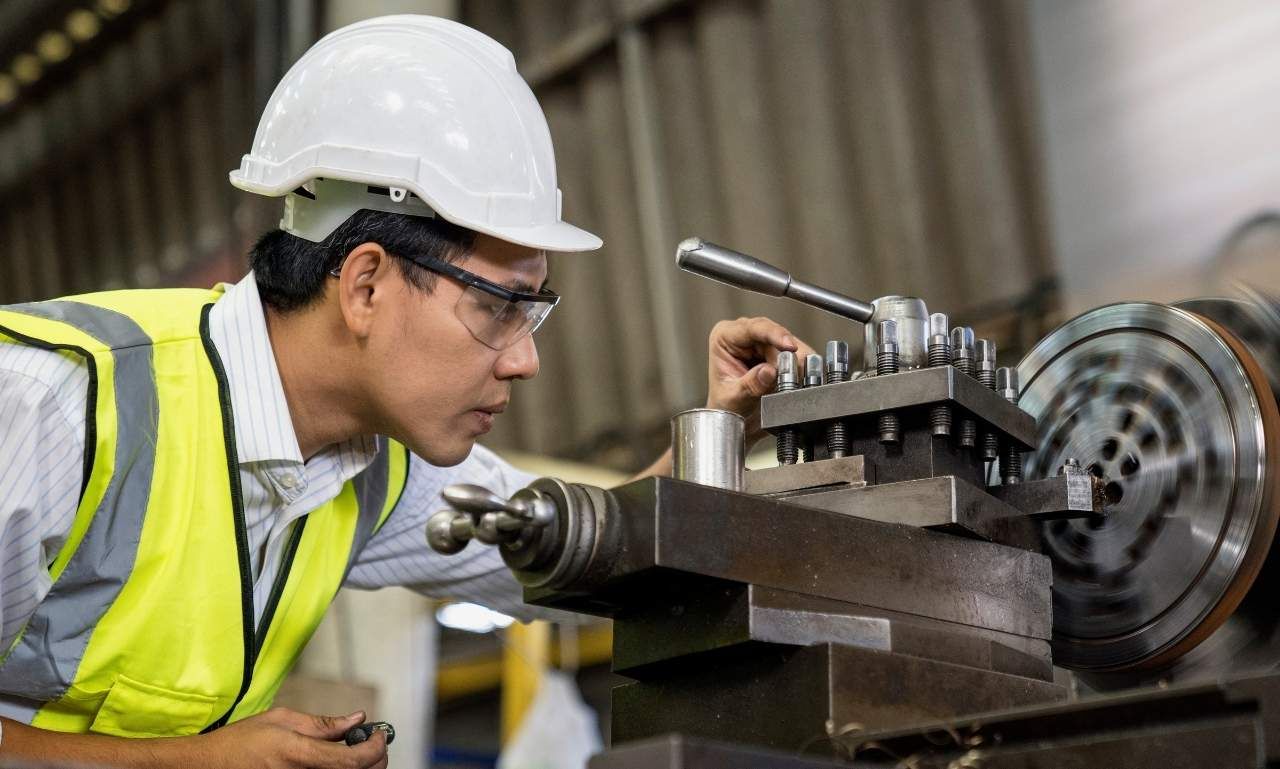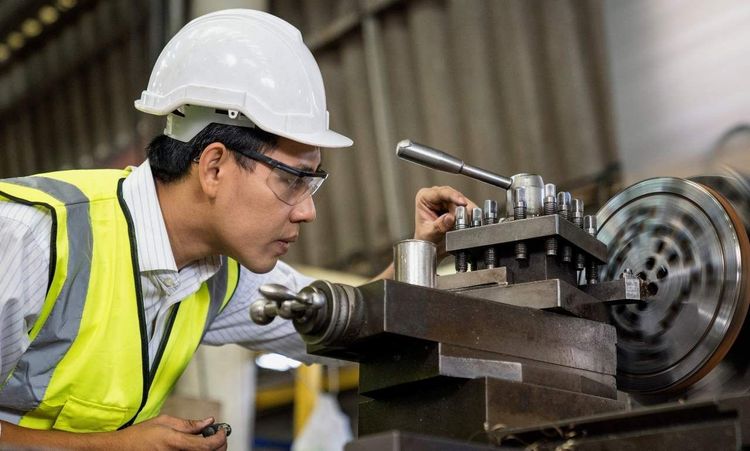When you picture a mechanical engineer, what comes to mind? For many, it's a professional designing complex machines or solving complicated engineering problems. To become a mechanical engineer, you must know what classes to take in high school. The courses you take in school right now will teach you essential skills and help you get ready to handle the strict demands of this growing and challenging field. What courses do mechanical engineers take in high school? Let's break it down.
What Does a Mechanical Engineer Do?

Before starting classes, you must understand what mechanical engineers do in their jobs. Mechanical engineers create, study, and check how well mechanical devices work, from cars and robots to home gadgets. They need to know physical laws, materials, and properties and how to design machines. As mechanical engineers, we help develop new technologies by solving technical fluid mechanics issues while studying how engineering solutions change society. Because it covers many topics, students must learn how to apply lessons learned in theory to real-world situations.
Steps to Become a Mechanical Engineer
To become a mechanical engineer, the path generally involves several key steps:
- Complete High School: Focus on strong academic performance, especially in science, technology, engineering, and mathematics (STEM).
- Earn a Bachelor's Degree: Most mechanical engineers obtain a Bachelor of Science in Mechanical Engineering, which takes about four years to complete.
- Gain Practical Experience: Participate in internships or co-op programs to gain hands-on experience.
- Consider a Master's Degree or Doctorate: Though not always necessary, some mechanical engineers pursue further education for specialisation.
- Get Licensed: In many places, mechanical engineers must pass licensing exams to become Professional Engineers (PE).
While the college years will deepen your understanding of mechanical systems, high school is where you'll lay the groundwork.
What Subjects Do You Need for Mechanical Engineering?
Mechanical engineering is grounded in several core subjects. To give yourself the best chance for success in college and beyond, your high school years should focus on:
- Math: Basic math principles from algebra, geometry, calculus, and trigonometry are needed for the education leading to engineering mechanics.
- Science: In physics studies, we learn the main concepts needed for working with mechanics, thermodynamics, and fluid movement. Chemistry is essential in school chemistry labs.
- Computer Science: Engineering increasingly relies on computer programs for design and simulation, making computer-assisted design (CAD) and programming essential.
Focusing on these subjects helps build the analytical and problem-solving skills needed in mechanical engineering.
AP Science Classes

School students taking AP Physics and AP Chemistry can prepare themselves for mechanical engineering studies. These challenging classes will improve your engineering mechanics and get you college credit. AP Physics, for example, covers topics like Newtonian mechanics and thermodynamics—core areas of mechanical engineering.
Additionally, performing well in AP Science courses demonstrates to colleges that you're ready for challenging coursework, enhancing your application and making you a competitive candidate for top engineering schools.
High-Level Calculus
Calculus is an essential subject for mechanical engineers. In high school, you may encounter essential calculus in AP Calculus courses. As you enter college, calculus becomes more advanced and directly applicable to engineering coursework. You'll use calculus to analyse motion, optimise designs, and solve differential equations related to mechanical systems.
For instance, calculus helps model and predict how systems behave over time in fluid dynamics or heat transfer. A strong foundation in calculus will give you an edge in your mechanical engineering program.
Computer-Assisted Design and Related Courses
Computer-assisted design (CAD) software is vital in mechanical engineering. By learning to use CAD tools in high school, you'll be better prepared for the design challenges you'll face in college and beyond. Many schools offer elective courses in CAD, where students learn how to create 2D and 3D models of mechanical parts.
Familiarity with CAD helps mechanical engineers visualise designs, conduct simulations, and test prototypes before moving to production. For students aiming for a career in mechanical engineering, early exposure to CAD can give them a significant head start.
Robotics

If you want a fun, hands-on way to learn about mechanical engineering, consider joining a robotics club or taking robotics-related courses. Robotics combines mechanics, electronics, and computer programming—all core aspects of mechanical engineering. When you build robots, you'll learn directly about how machines work, how to write computer code, and how to solve technical problems.
Groups that build robots join FIRST Robotics contests, where they design and put together machines to deal with specific tasks. Participating in these competitions lets students learn how to work better as a team, lead others, and think critically - skills mechanical engineers need.
Engineering Summer Programs
If you want to be a mechanical engineer, doing summer programs in engineering gives you important opportunities to see what the profession is like. Many universities and organisations offer summer camps or workshops where high school students can work on engineering projects, interact with professionals, and learn about engineering principles in a real-world context.
These programs help students better understand what to expect in an engineering career and allow them to network with like-minded individuals. When you enter college, you can use these engineering contests to demonstrate your interest in studying mechanical engineering.
Conclusion
Your journey to become a mechanical engineer begins long before you start college classes. The math, science, and tech classes you take in high school allow you to handle the challenging work of being a mechanical engineer. Working together in competitions teaches students critical thinking skills while also helping them learn how to run effectively and guide teams - critical skills engineers rely on in their work. Taking physics, calculus, and CAD classes while joining robotics teams helps you start well on your path to becoming a mechanical engineer.
As mechanical engineering keeps growing and changing, it's key to understand this from the start. Your studies will help you find what subjects you like best, like how fluids move, how robots work, or how heat and energy work. What you learn in high school will help you build a rewarding career path in engineering.
Also Read: Classes to Take in High School to Become a Lawyer




